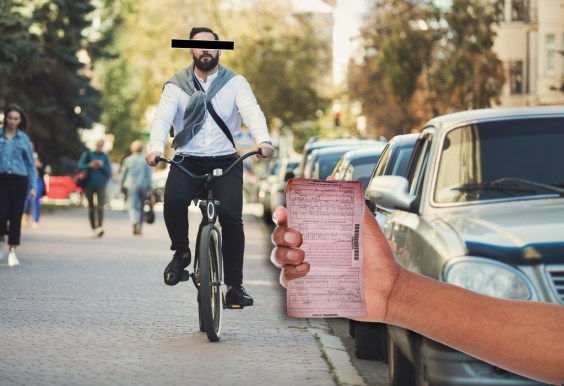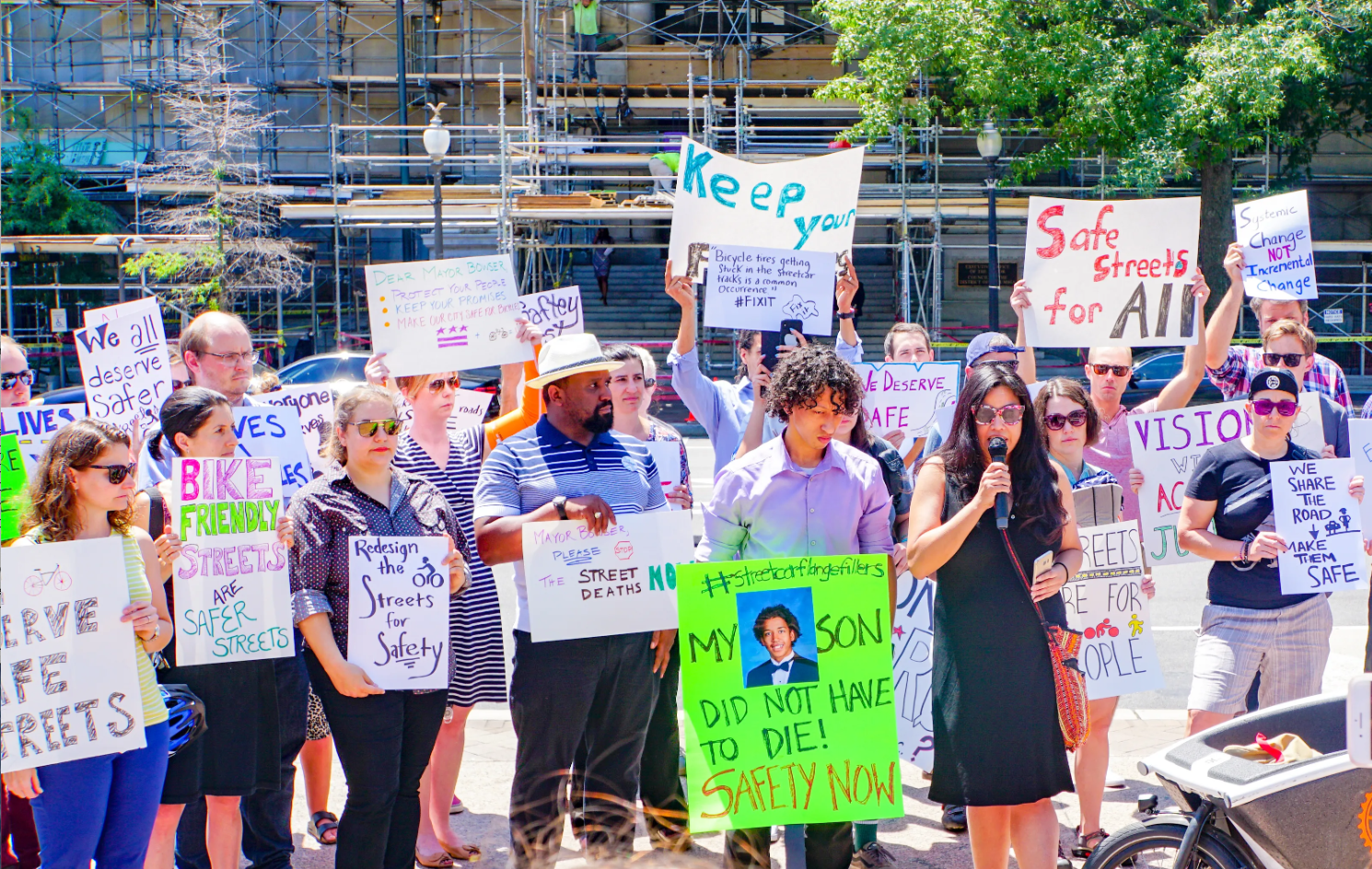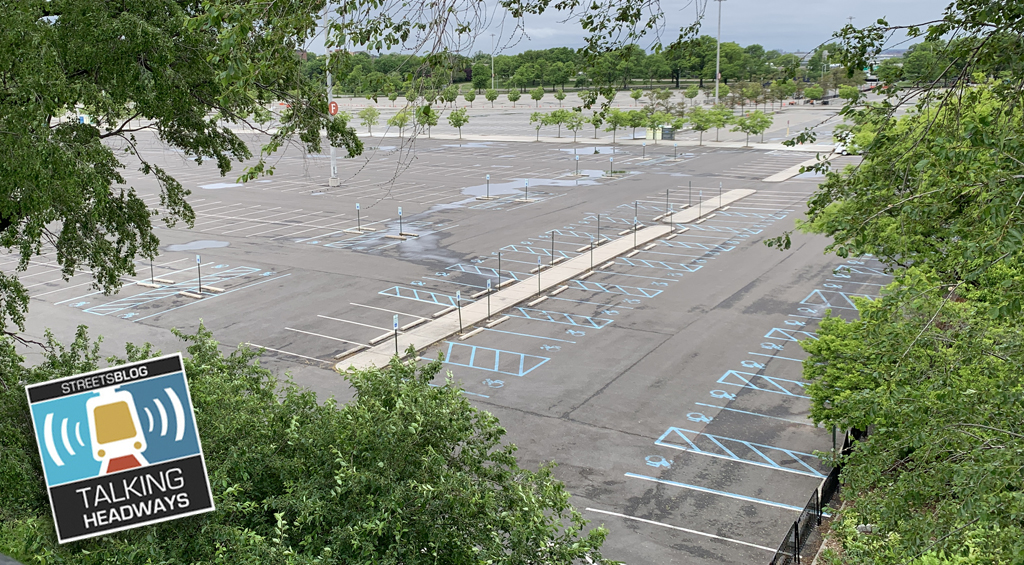The Texas Department of Transportation loves big highway projects. In fact, right now, it's pursuing a third outerbelt for Houston that makes the moon landing seem like a minor undertaking. It's the black blotch that can't even fit into the above infographic comparing the sizes of global ring roads.
As a result of all this, Texas DOT is running out of money. But the state has a way of "finding" additional money when a developer wants a new road. Recently it "found" a new place to look for money: cities' pockets.
The state of Texas has a new plan to make cities pay to maintain hundreds of miles of roads formerly maintained by the state. That will free up hundreds of millions of dollars for the state DOT to build highways.
But Tom Benning at the Dallas Morning News' Transportation Blog says there's some resistance from high places:
[Texas Transportation Commissioner Victor] Vandergriff expressed concern that many of the cities and counties being considered just don’t have the budget flexibility to absorb those roads’ maintenance costs: an estimated $165 million a year statewide.
“We’re going to have a pretty robust discussion about whether this is a wise move,” he said after a ribbon-cutting for the DFW Connector project in Grapevine. “For me personally, I question it.”
TxDOT notified cities and counties – in and around large, urban areas – of the cost-cutting “turnback” program in a letter last week.
In TxDOT’s Dallas district – which includes Collin, Dallas, Denton, Ellis, Rockwall, Kaufman and Navarro counties – the agency has identified 70 road segments that could be sent back to cities.
That nearly 265 miles of road includes 37 miles of Northwest Highway in Dallas, 11 miles of Cross Timbers Road in Flower Mound and six miles of Irving Boulevard in Irving.
Phil Wilson, TxDOT’s executive director, reiterated Wednesday that his agency is dealing with the realities of a budget that needs another $3 billion a year. And that’s even after the Legislature this year found TxDOT an extra $1.2 billion annually, pending voter approval.
You know where they could cut costs? Not building highways that are intended specifically to generate sprawl.
Elsewhere on the Network today: The Political Environment reports some neighbors are protesting Wisconsin DOT's plans to build a double-decker highway through a Milwaukee neighborhood. Active Trans explains how cyclists should respond to harassment. And Portland Transport looks at different ways different cities tax parking.






